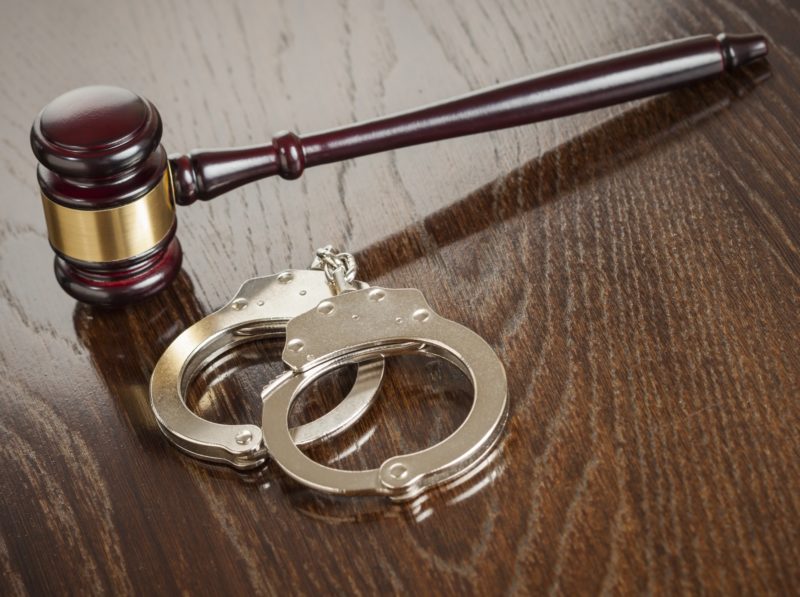In many DWI cases, courts order the offender to undergo some form of treatment. This treatment ranges from basic drunk driver education to counseling and rehabilitation programs. While some programs are income based or paid for by the state using tax dollars, some programs are at the expense of the offender. The question, regardless of how an individual program is paid for, is how effective is court-ordered treatment for curbing instances of repeat DWIs?
Generally speaking, drug and alcohol classes, counseling, and rehab programs are effective to a certain degree. However, many offenders do relapse and find themselves in further legal trouble or in need of further treatment. Often, success is accompanied by ongoing support and treatment, as opposed to completing a program and calling it good. Unfortunately, this is one of the many problems associated with mandatory programs.
The U.S. Justice System is supposed to sit on a moral foundation that embraces rehabilitation. This system, however, often falls short of its own ideals merely by the protocol under which it operates. It is questionable whether courts can order treatment and expect a positive outcome.
For one thing, the courts negate free will by ordering treatment. Of course, some revocation of free will is a necessary aspect of punishment; however, this particular aspect of free will means the difference between successful treatment and failure. Sure, any offender can attend classes, counseling, and rehabilitation programs. That does not mean they will achieve long-term success. Some offenders are good at playing the game long enough to get the court off their back and then, they return to their old habits. An offender has to genuinely want the change and must openly embrace the difficulties that come with fighting for permanent change before any form of treatment will be effective.
Another place where mandatory treatment falls short is in offering ongoing support. Most court ordered programs run for a period of weeks or months, and once the offender graduates, there is little to no follow-up. And while the courts often believe that it is up to the offender to get themselves further counseling, to join a 12-step program, and/or to surround themselves with community, friend, and family support, the courts fail to take into account that many offenders may not have the opportunity or resources to do so. If the courts would supply ongoing treatment and support options, they might find that their mandatory treatment sentencing is far more effective in the end – for those who genuinely want the treatment. In that case we would probably see a reduction in the number of repeat DWI offenses.
Read what the court-mandated treatment for convicted drunk drivers looks like according to the NIAAA.
DWI Lawyer
Whether you’re a first time or repeat DWI offender, you deserve experienced legal counsel that can assist you in achieving the best possible outcome to help you to get on with your life and to recover from the aftermath of your mistakes. The court may order treatment, but it is up to you to determine if you genuinely want the treatment to change your life for the better, or if you simply want to go through the motions.
Our DWI attorneys can advise you on the possible treatment programs the court might order and offer encouragement to help you achieve the changes necessary to avoid further DWI-related legal problems. For a free and confidential case evaluation, contact Nave DWI Defense Attorneys today at 1-866-792-7800 for assistance.
The exclusive purpose of this article is educational and it is not intended as either legal advice or a general solution to any specific legal problem. Corporate offices for Nave DWI Defense Attorneys are located at 432 N. Franklin Street, Suite 80, Syracuse, NY 13204; Telephone No.: 1-866-792-7800. Prior results do not guarantee a similar outcome. Attorney Advertising.





